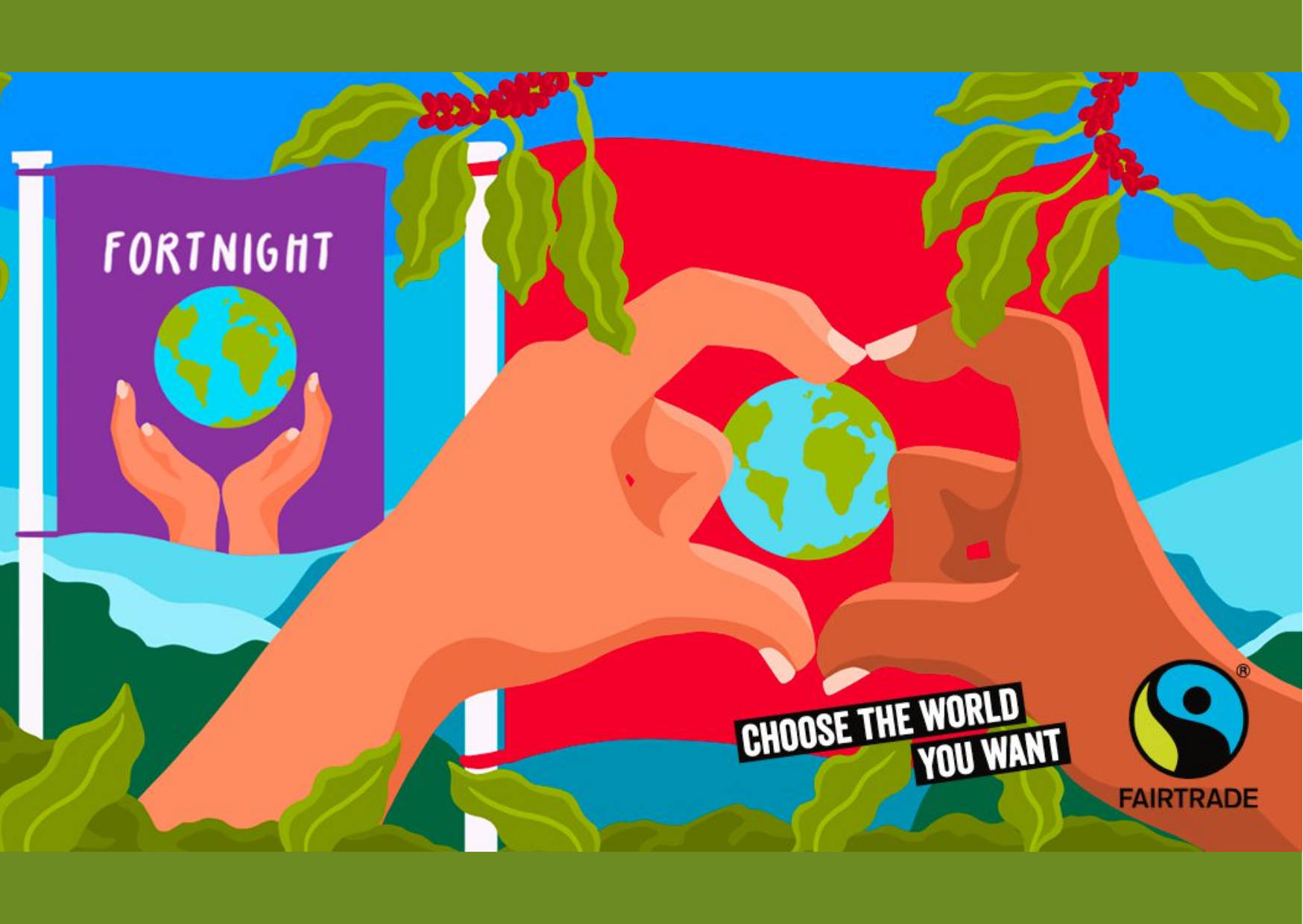
6 Reasons to Choose Fairtrade Cotton
Fairtrade is more than just a symbol; it’s a global movement set up to help improve the lives of farmers and producers in exploited regions. This Fairtrade Fortnight (21st February - 6th March), we’re zooming in on the cotton industry and raising awareness about the problems farmers continue to face.
Y.O.U Underwear is proud to be a Fairtrade brand. By paying cotton farmers fair wages and cultivating sustainable and safe farming practices, we can help to break the cycle of poverty. By choosing Fairtrade, you can make a difference.
What is Fairtrade?
When a product carries the Fairtrade logo, it means that it was produced adhering to a number of ethical standards. These include the protection of workers’ rights, safe working conditions and local sustainability and ensure that farmers are paid fair prices (never below the market rate) for their products.
Fairtrade is more than just coffee and bananas - it applies to what we wear too! Currently, Fairtrade works with over 44,000 cotton farmers in some of the poorest regions in the world.
When you choose Fairtrade, you’re choosing the sort of world you want to live in. A world where…

1) Cotton farmers are paid fair wages
Many cotton farmers live below the poverty line and are unable to afford a decent standard of living. This sees families go without clean water, housing, education and healthcare. Cotton farmers are especially vulnerable to debt accrued from poor crop yields and large farming expenses, forcing them to sell their cotton below the cost of production.
Fairtrade helps cotton producers escape this poverty cycle - and the high suicide rates associated with this - by paying them a living wage and buying their products at a premium market rate. An additional Fairtrade Premium is given to a communal fund which is then reinvested into sustainable development projects. By allowing the community to decide where this money is spent, Fairtrade has strengthened cotton farmer co-operatives and their collective bargaining power.
2) Cotton farmers aren’t subject to toxic chemicals
Traditional cotton farming relies on the heavy use of herbicides and pesticides which are extremely harmful to farmers and the surrounding environment. In India, cotton farmers “often work barefoot and without masks, leading to serious health problems. Intense chemical use also results in a deterioration in soil quality and contamination of groundwater, which is the main source of drinking water for most rural populations in developing countries”.
Fairtrade bans the use of toxic pesticides in cotton cultivation to safeguard farmers’ health and protect the local biodiversity.
3) Cotton is grown sustainably
Conventional cotton farming practices are extremely taxing on the local environment. The widespread use of pesticides pollutes local waterways and erodes the soil. In areas already experiencing water scarcity, the farming of water-intensive cotton can worsen water insecurity.
To become a Fairtrade cotton supplier, farmers must adhere to a range of environmental protection measures. One is the reintroduction of crop diversity. By banning the use of genetically modified cotton seeds, farmers are encouraged to move away from monocultural systems that degrade soil quality overtime.
Our cotton is Fairtrade and GOTS (Global Organic Textile Standard) certified meaning that a higher Fairtrade minimum price is secured for the farmer. This also means our cotton is better for the planet, using 71% less water and 62% less energy than traditional cotton.
When you choose Fairtrade, you’re also helping to create a world without…

4) Child labour
An estimated 152 million children are working across the globe, with 70% of them in agriculture. Child labour has been reported in the cotton industries of 18 countries, including Pakistan, Brazil and China. This is hugely disruptive to a child’s life, often subjecting them to hazardous, exploitative conditions and preventing them from receiving a proper education.
Fairtrade strictly prohibits the employment of children under the age of 15, while children below 18 can only accept jobs that won’t prevent them from going to school. Fairtrade enforces this through a combination of external auditing and community-based monitoring. Every allegation of child labour is treated seriously and reported to the appropriate government agency to follow up. If Fairtrade has doubts about their willingness or ability to act, they involve a reputable specialist NGO.
5) Modern slavery
Modern slavery is particularly rife in the cotton industry. Every year in Uzbekistan, for example, around 170,000 adults are forced by the government to pick cotton. Debt bondage is similarly common among cotton farmers who are unable to access formal financial support for crop failures or startup costs. Instead, they depend on high-interest loans from rogue money lenders. Children are often forced into work in order to help pay off family debts or provide additional income for basic essentials.
Fairtrade prohibits the use of modern slavery throughout their entire supply chain and has regualorty bodies in place to ensure this is enforced.
6) Gender inequality
Fairtrade is committed to addressing issues of gender equality, from voting rights to pay equity. The Fairtrade provision that women farmers are required to be paid directly for seed cotton, for example, has encouraged more women to cultivate cotton, allowing them to gain greater control over their household budget and spending.
Other ways Fairtrade empower women include putting democratic decision-making processes in place that give women an equal say, offering equal training opportunities and breaking down the stereotype of “women’s work”.
Choose the world you want to live in today. Choose Fairtrade at youunderwear.com.
Written by Melissa Watt








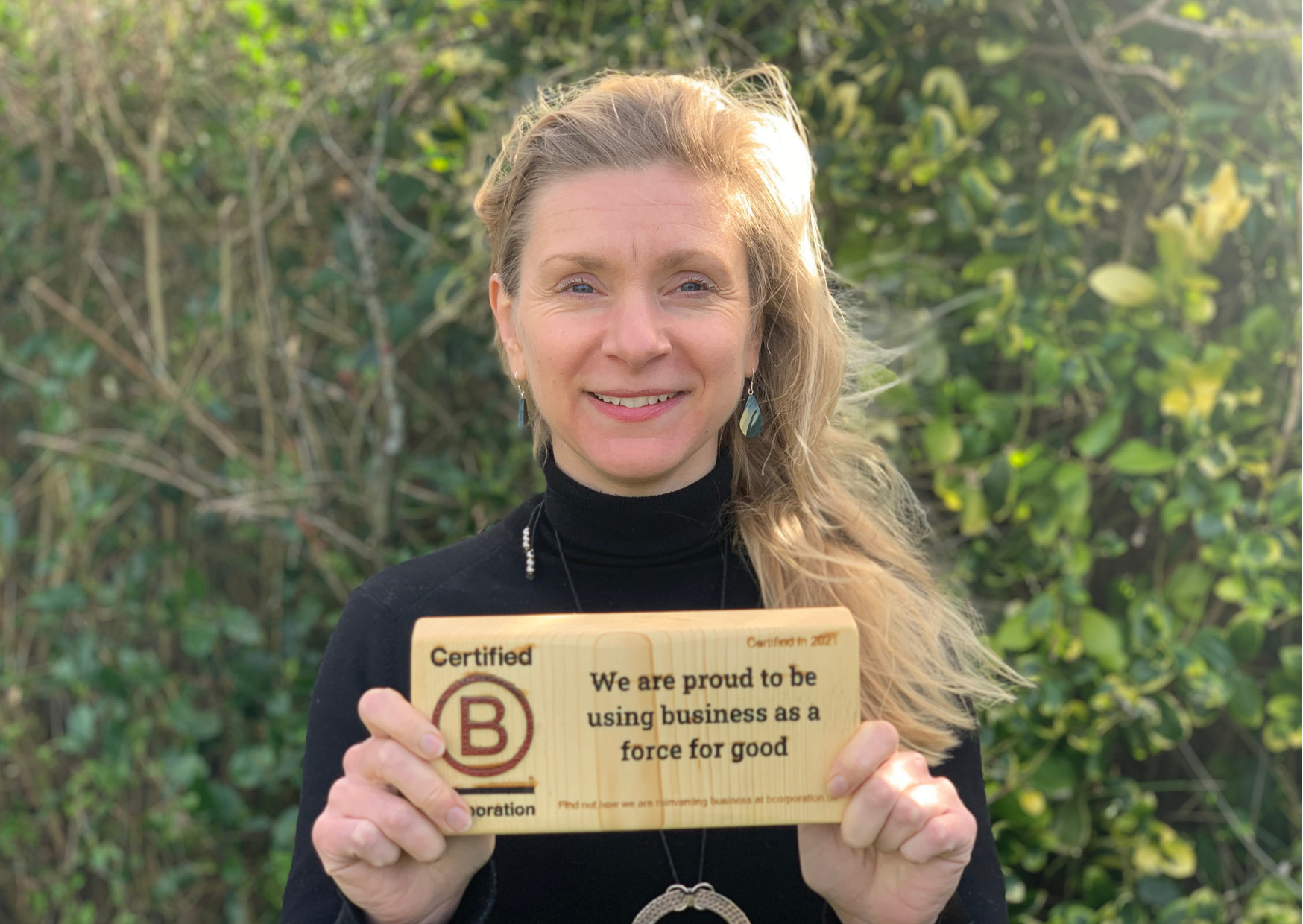
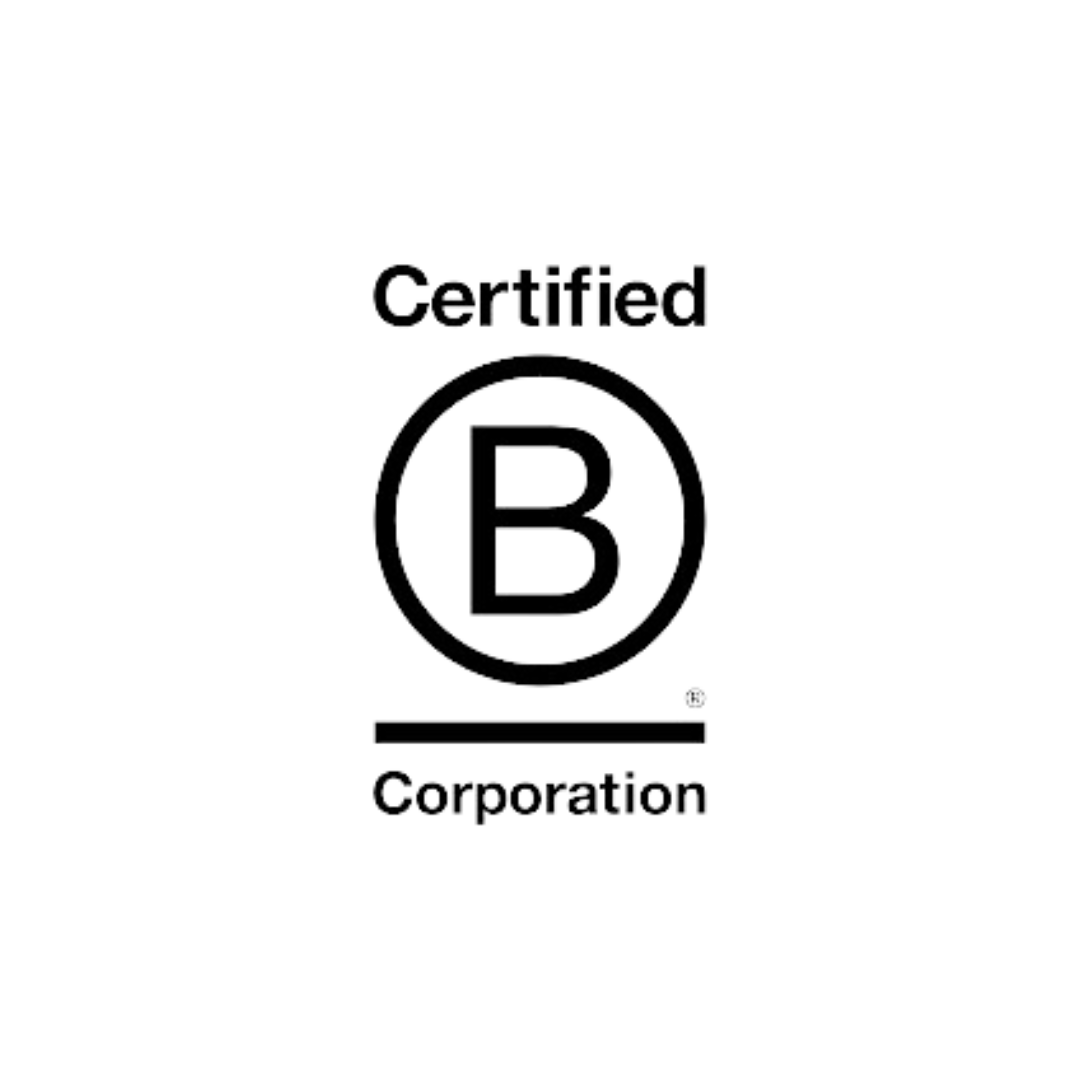
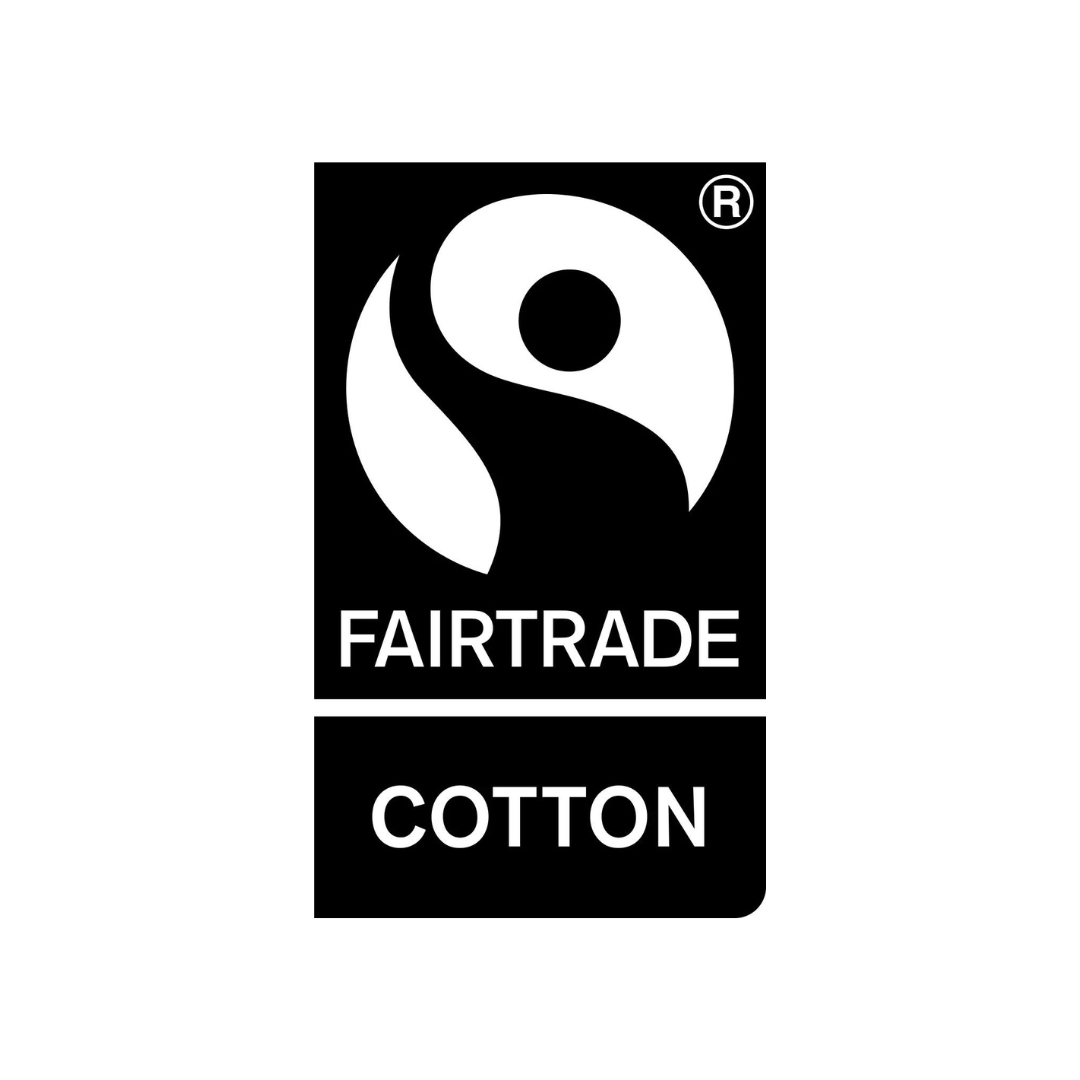
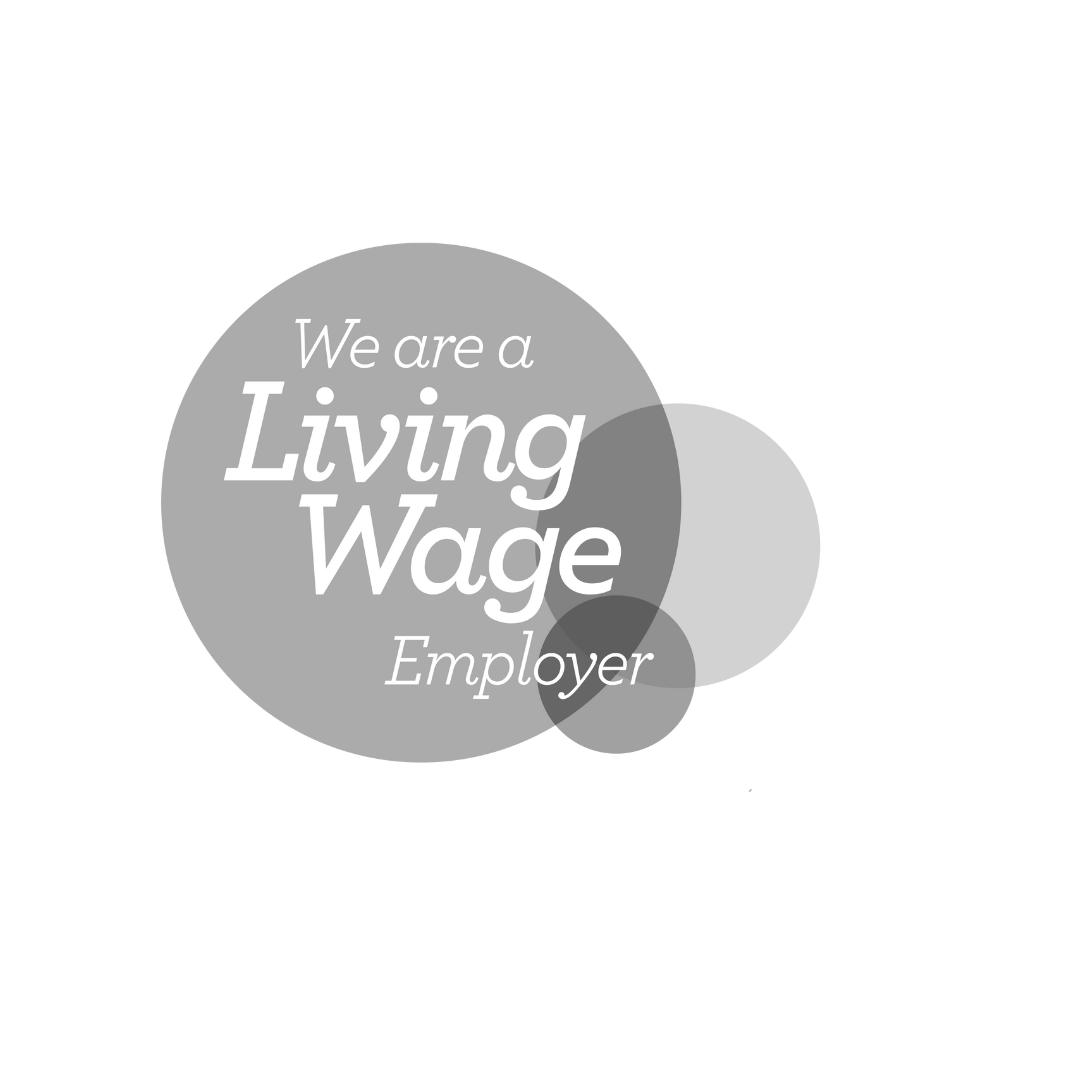

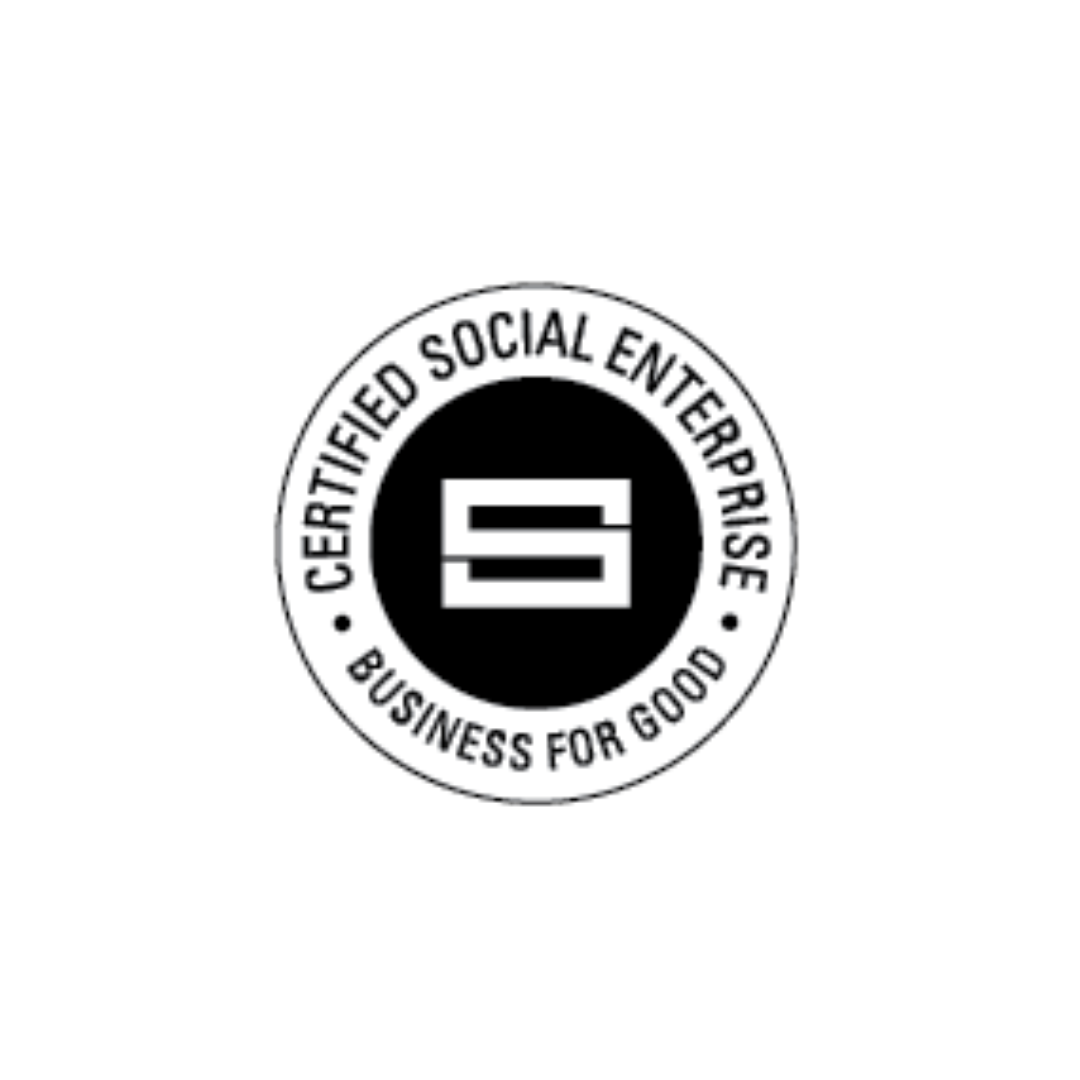

Leave a comment
This site is protected by hCaptcha and the hCaptcha Privacy Policy and Terms of Service apply.